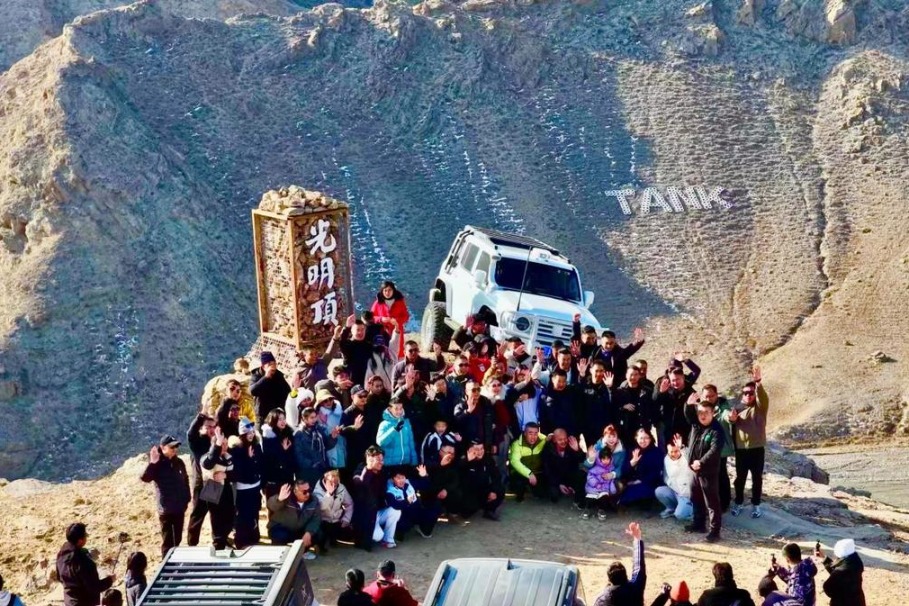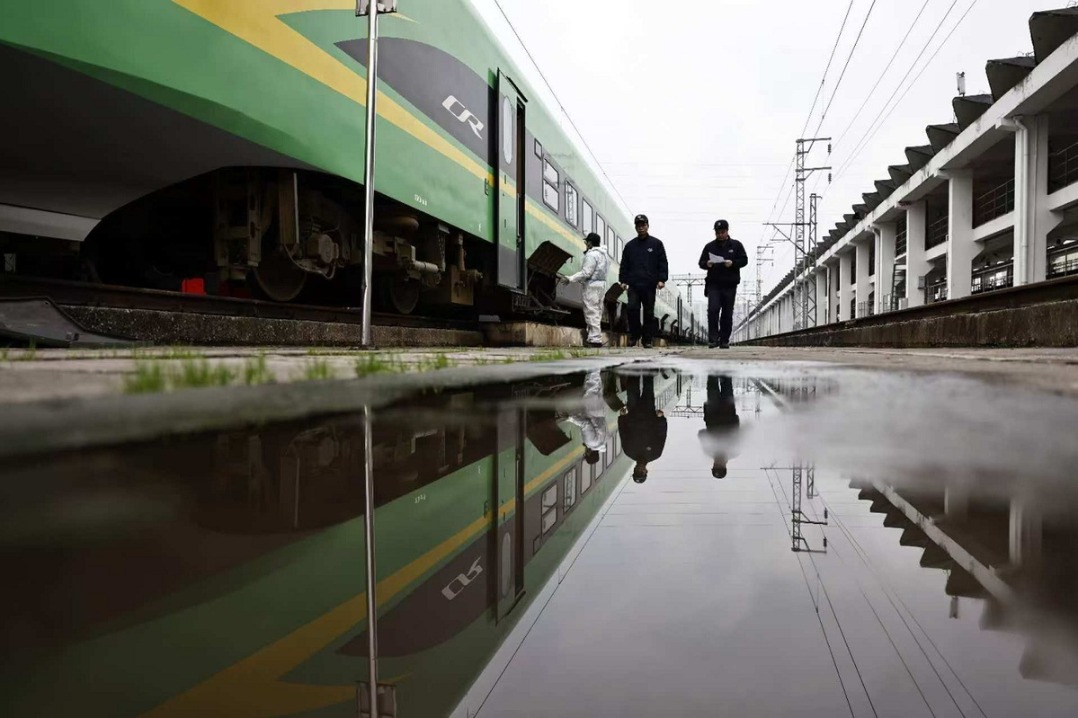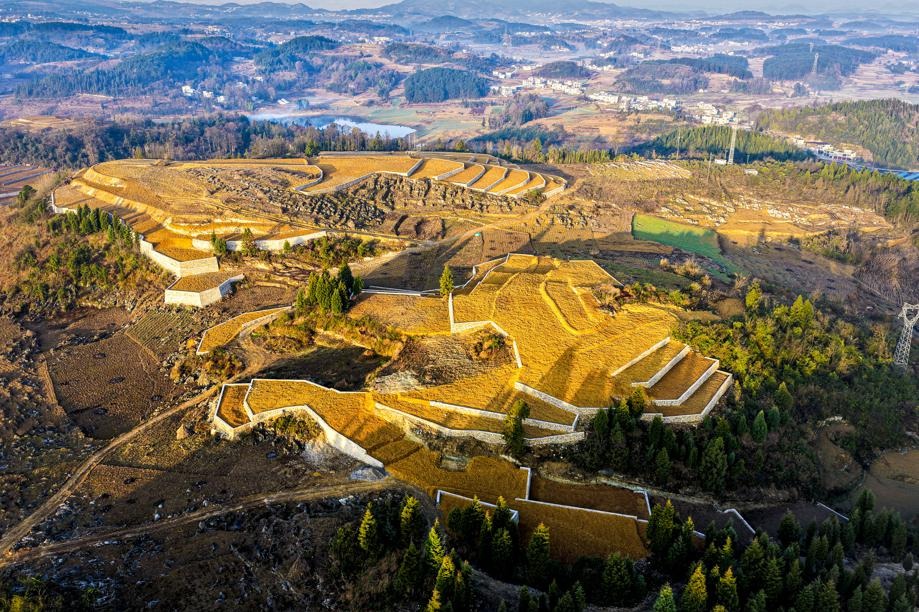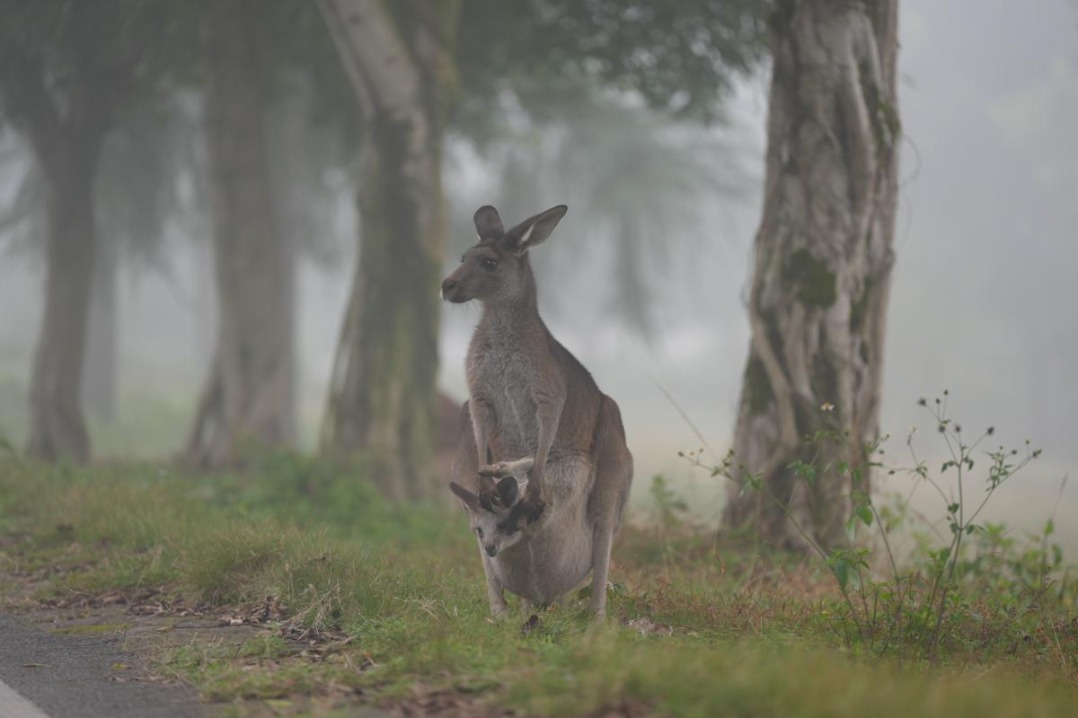Agricultural training cooperation links China, Africa

Tonny Maraga Nyong'A is looking forward to bringing what he has learned in China back to his motherland of Kenya, Africa, to help with food security.
In Kenya, farmers mainly grow corn, wheat and rice, but barely manage to feed themselves because of insufficient human resources and technology, and the negative influences of climate and insects. Half of the grain in Kenya is imported, he said.
"This is the reason I chose to study in China," Nyong'A said. "I want to learn advanced agricultural technology and then return to Kenya to make contributions to our country's agricultural development."
Nyong'A now is pursuing a doctoral degree in phytology at the Wuhan Botanical Garden of the Chinese Academy of Sciences in Hubei province.
As one of the African students to benefit from the cooperation of China and Africa under the Belt and Road Initiative, Nyong'A was admitted to the Sino-Africa Joint Research Center, which was set up by the CAS in Kenya, and later came to Wuhan to study.
Since May 2013, the center has admitted 149 African students pursuing master's and doctoral degrees. The center also provides short-term training for Kenyan students that is more convenient than sending people to study in China.
In December, the center for the first time held an eight-day training course on modern agricultural technology, including theoretical studies on hybrid rice and high-yield cultivation. It attracted 42 students from 10 African countries.
Such training is expected to be repeated frequently in the future. Considering the urgent need to reduce hunger and ensure food security in Africa, the training will promote the development of local agriculture and improve crop production, said David Mburu, principal of agricultural development at Jomo Kenyatta University of Agriculture and Technology, where the center is based.
Smooth exchanges of personnel and technology have facilitated research in many fields, and marked improvement in agriculture in recent years.
"The average yield of hybrid rice planted by researchers at the center in Kenya is four to five times that at the local level," Nyony'A said. "The research results will provide a scientific basis for the large-scale cultivation of rice in Kenya and make it possible to achieve self-sufficiency with rice in the country."
The center in Kenya and the ongoing exchanges between the center and the Wuhan Botanical Garden are associated with the Chinese-aided government-to-government project and have provided a platform for African and Chinese researchers to conduct joint research.
"Scientific and technological cooperation are important parts of the Belt and Road Initiative," said Guo Yuejin, vice-chairman of the Hubei People's Political Consultative Conference during a visit to Kenya in December. "The center has helped both countries with a platform for China-Africa cooperation and exchanges in scientific and technological innovation."




































